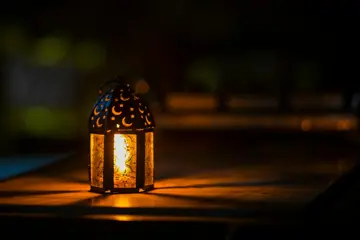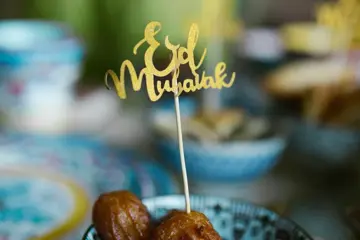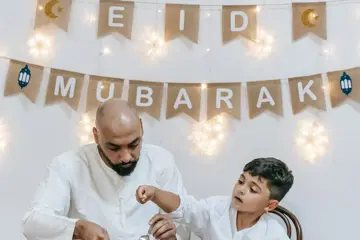Muslims celebrate two Eids annually:
- Eid al-Fitr marks the end of Ramadan, the month of fasting.
- Eid al-Adha, known as the "Festival of Sacrifice," follows the Hajj pilgrimage.
Eid al-Adha honors Prophet Abraham's willingness to sacrifice his son, Ishmael, demonstrating obedience to Allah. According to Islamic belief, Allah intervened, substituting a ram for Ishmael at the last moment. This festival also signifies the completion of Hajj, the pilgrimage to Mecca, obligatory for financially capable Muslims at least once in their lifetime.




